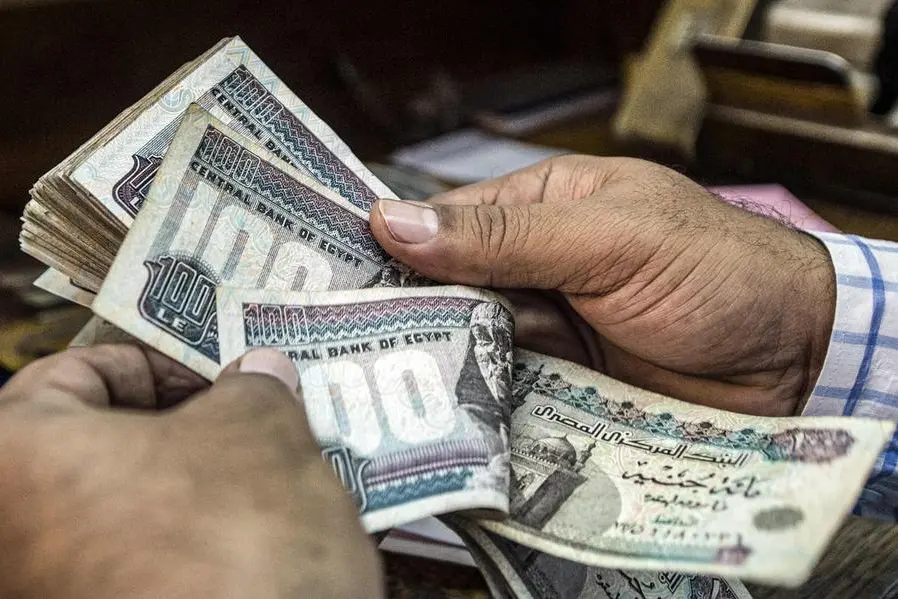PHOTO
Egypt has to apply a combination of monetary and financial policies to restore economic stability, the Financial Counselor and Director of the Monetary and Capital Markets Department of the International Monetary Fund (IMF) Tobias Adrian told Asharq Business in an interview on April 12th.
Adjusting the exchange rate of the Egyptian pound is a key factor to achieve economic stability in the country, as it allows the central bank to implement favorable monetary policies to local conditions, Adrian said on the sidelines of the Spring Meetings of the IMF and World Bank in Washington.
Adrian added that the Central Bank of Egypt (CBE) have to reach the inflation target in one way or another, pointing out that there are still more steps required to achieve this.
He also noted that Egypt received more than one external and internal shock, foremost of which was the increase in global commodity prices, particularly food, and whilst country’s tourism sector did not rebound as expected.
On April 11th, the IMF cut its forecast for Egypt’s real gross domestic product (GDP) for the current fiscal year (FY) 2022/2023 to 3.7% from its previous projection of 4%.
Copyright © 2022 Arab Finance Brokerage Company All rights reserved. Provided by SyndiGate Media Inc. (Syndigate.info).





















